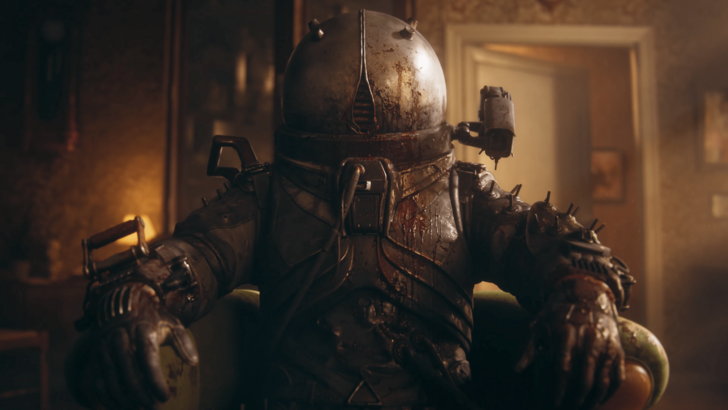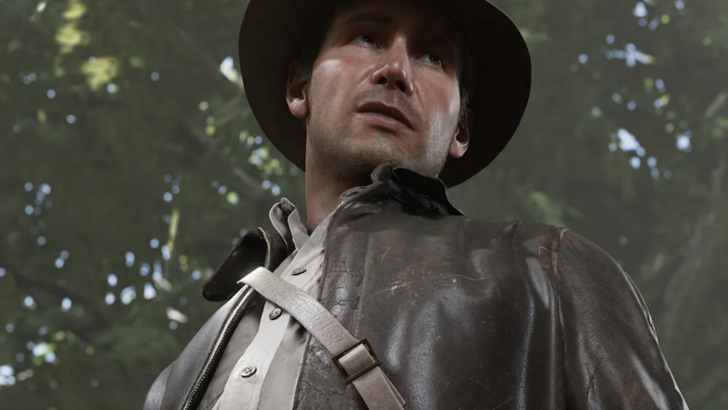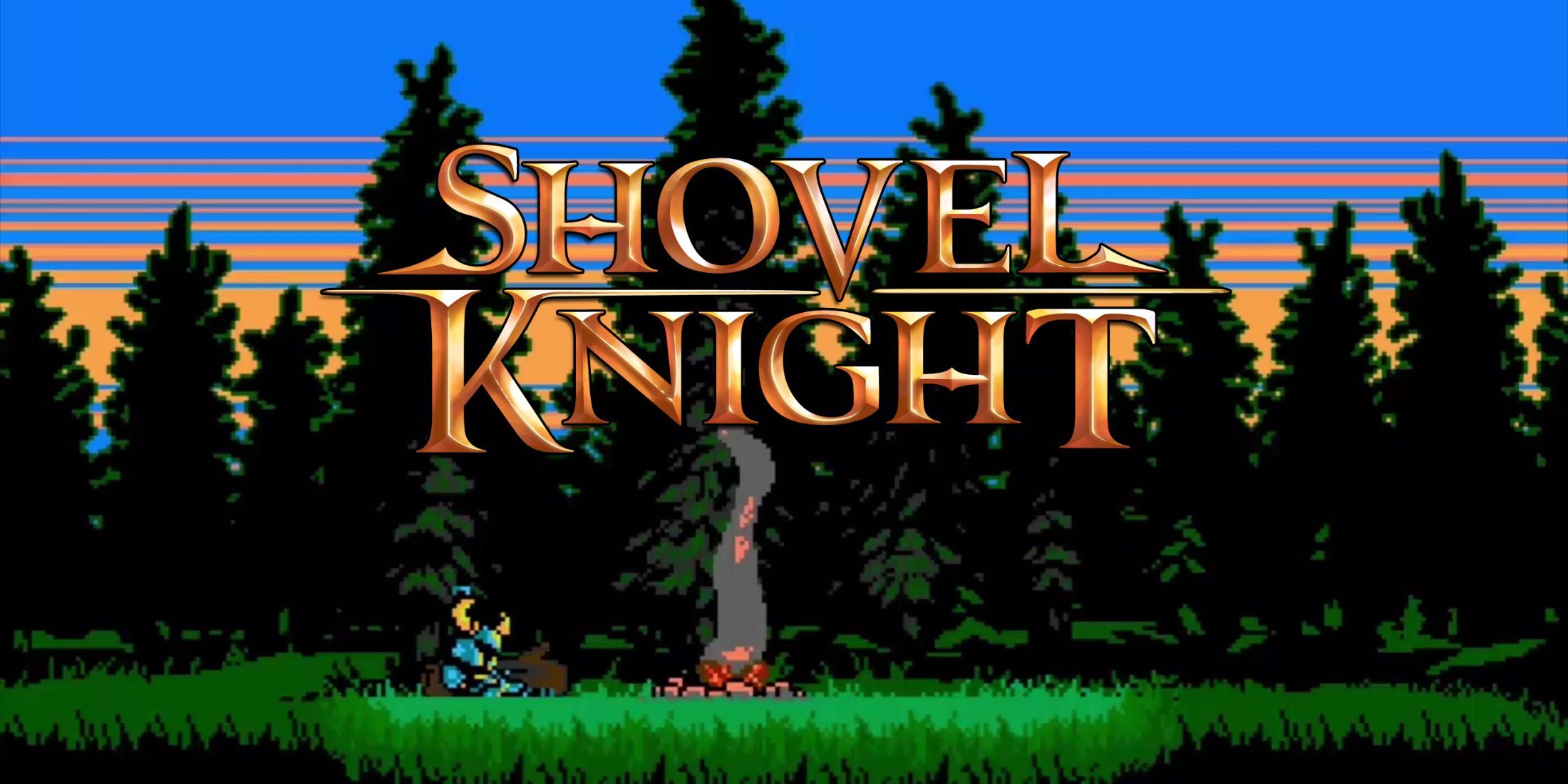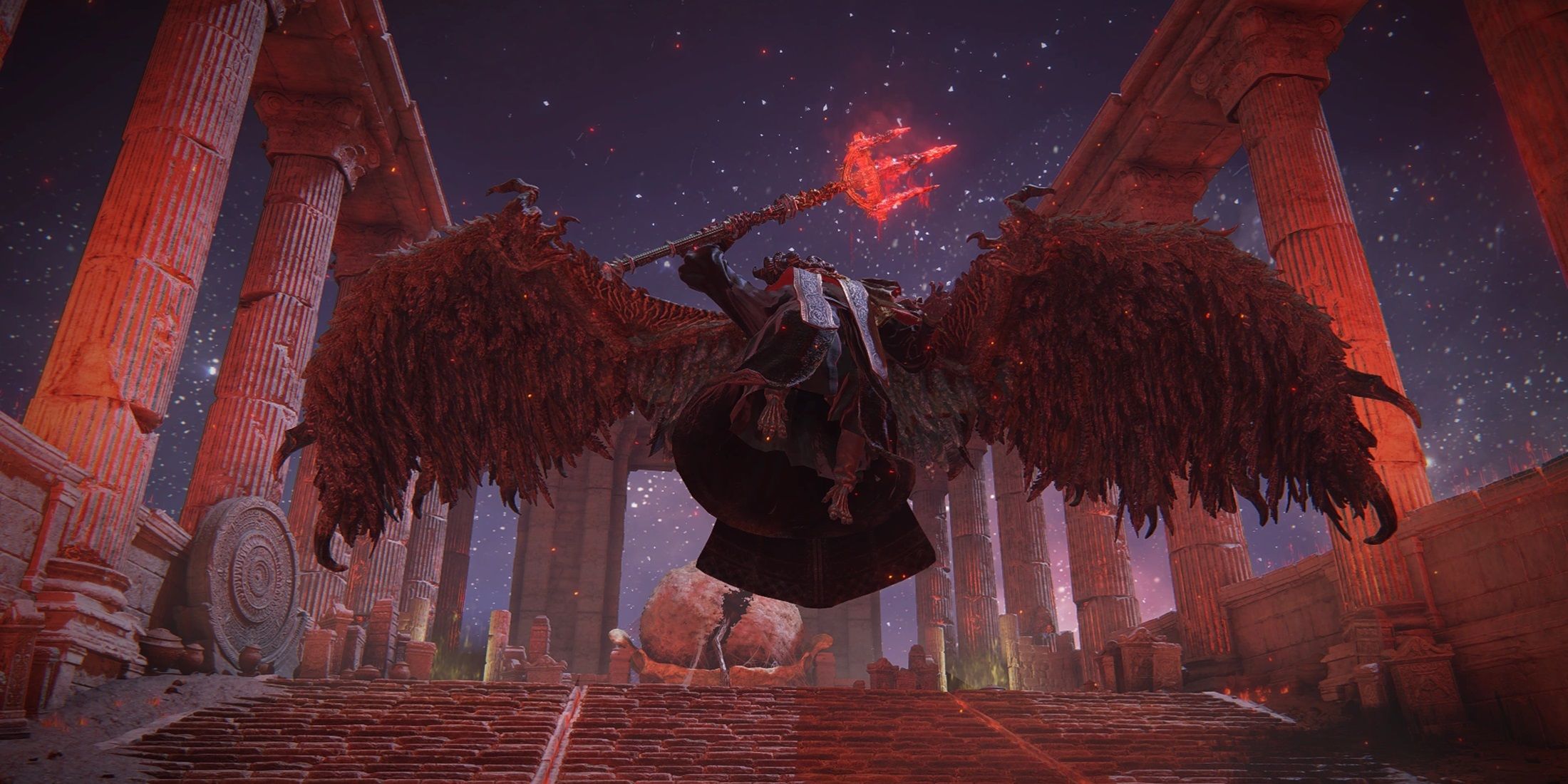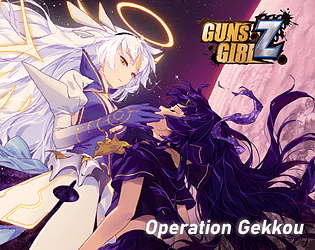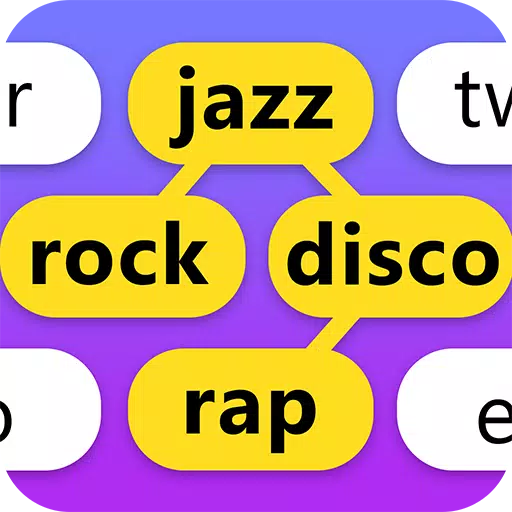Activision has finally acknowledged using generative AI in the development of Call of Duty: Black Ops 6, nearly three months after fans raised concerns about AI-generated assets. The controversy began in December with the Season 1 Reloaded update, where players noticed irregularities in loading screens, calling cards, and in-game art related to Zombies events. A particularly scrutinized image was the "Necroclaus" loading screen, featuring Zombie Santa with what appeared to be six fingers—a common issue with generative AI's struggle to accurately render hands. Another image showcasing a new Zombies community event also displayed a hand with an unusual number of digits.

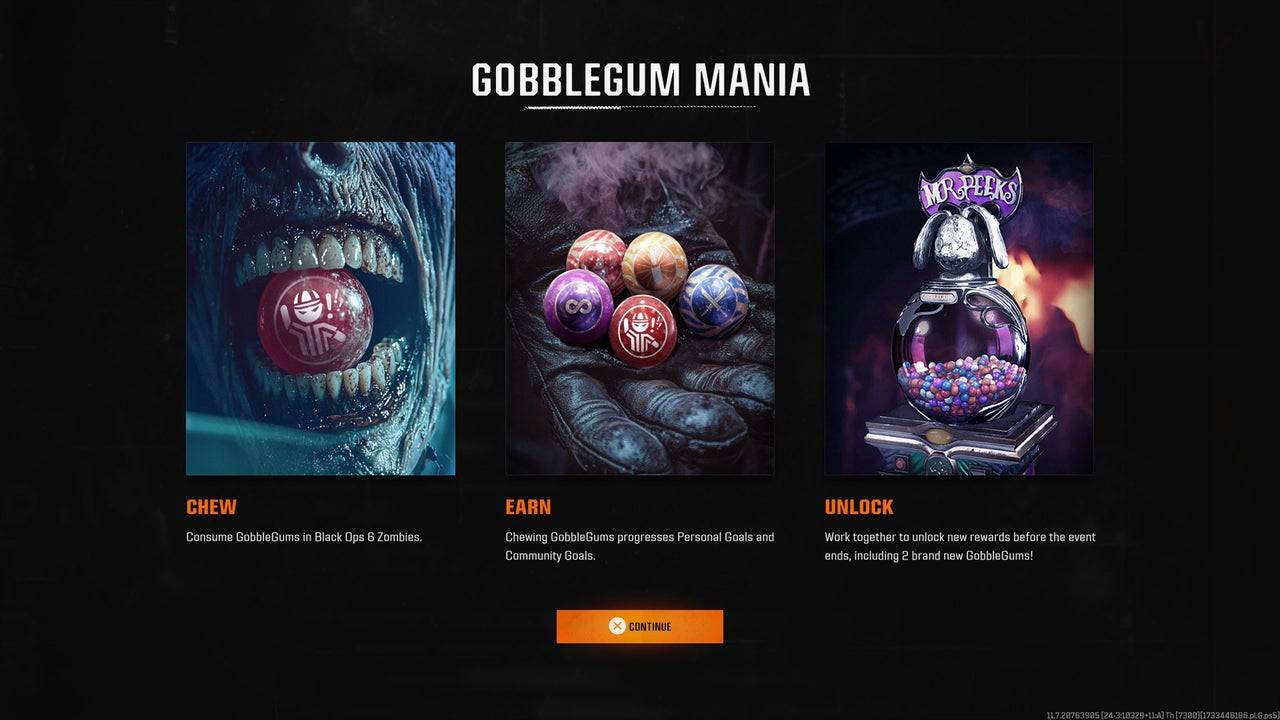
These observations led to a wider examination of other Black Ops 6 in-game assets, with some Reddit users highlighting inconsistencies in paid bundles that further fueled suspicions of AI involvement. Following pressure from fans and in light of new AI disclosure rules on Steam, Activision added a general disclosure to the game's Steam page, stating, “Our team uses generative AI tools to help develop some in-game assets.”
This admission follows a Wired report from July revealing that Activision sold an AI-generated cosmetic in Call of Duty: Modern Warfare 3 last year, part of the Yokai’s Wrath bundle, without disclosing its AI origins. This bundle cost 1,500 COD Points (approximately $15), contributing to Activision's substantial revenue from in-game purchases. The Wired report also linked the use of AI in asset creation to layoffs within Activision's 2D art department, alleging that some artists were forced to utilize AI tools.
The use of generative AI in the gaming industry is a contentious topic, raising ethical and rights concerns alongside questions about the quality of AI-generated content. Keywords Studios' unsuccessful attempt to create an entirely AI-driven game highlights the limitations of current AI technology in replacing human creative talent.

 Latest Downloads
Latest Downloads
 Downlaod
Downlaod




 Top News
Top News